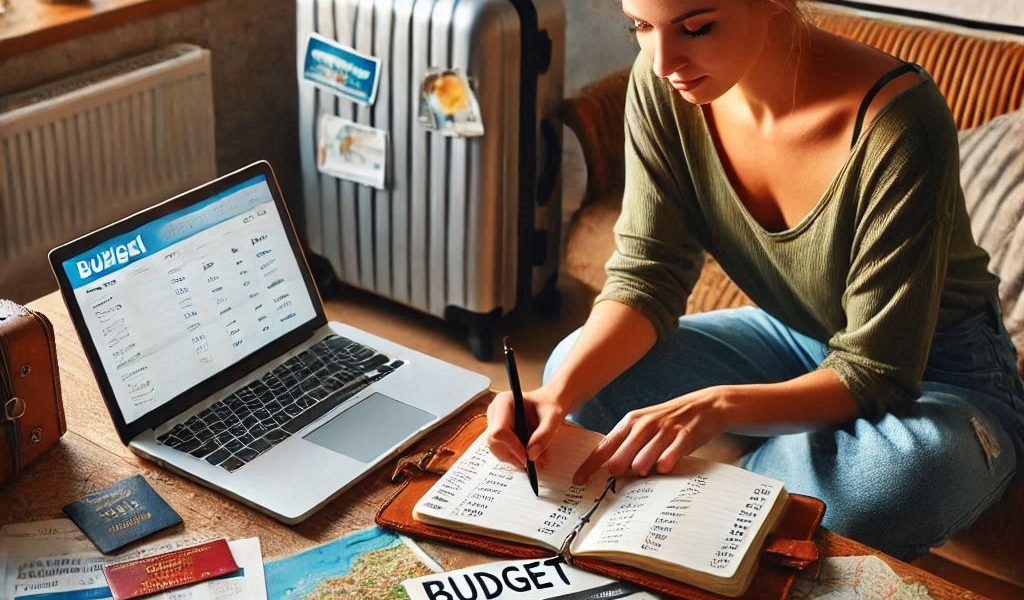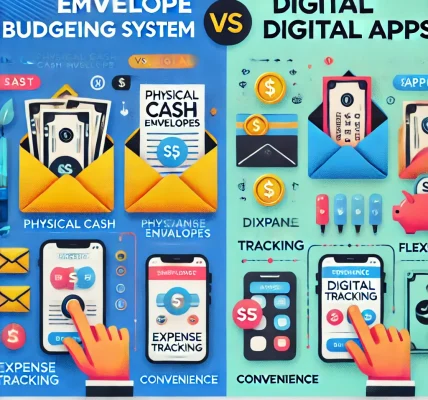Vacations are a great way to unwind, explore new places, and experience different cultures. However, the cost of travel can sometimes prevent us from taking that much-needed getaway. The key to enjoying a vacation without breaking the bank is effective budgeting. In this blog, we will share some tips on how to save money and spend wisely when planning your next vacation, while also ensuring a memorable experience.
1. Start Planning Early
The earlier you start planning your trip, the more opportunities you have to save money. Early bookings often lead to discounts on flights, accommodation, and activities. Aim to start planning at least 3-6 months before your travel dates. This gives you ample time to research and find the best deals, whether it’s through price comparison websites or special promotions.
Tip: Set up price alerts for flights and hotels to be notified when prices drop.
2. Set a Realistic Travel Budget
Setting a clear and realistic travel budget is crucial to avoid overspending. Factor in all the potential expenses, including flights, accommodation, food, activities, transportation, and shopping. Create a spreadsheet or use budgeting apps to track your spending and stay on target. Don’t forget to include a little extra for unforeseen costs like emergencies or last-minute activities.
Tip: Divide your budget into categories and allocate a set amount to each. Prioritize your spending based on your personal preferences.
3. Travel Off-Peak
Traveling during the off-season can save you a significant amount of money. During peak tourist seasons, prices for flights, accommodations, and attractions can skyrocket. By choosing to travel in the off-season, you can enjoy the same destination at a fraction of the cost, and often without the crowds.
Tip: Research the best off-peak months for your destination. For example, traveling to Europe in late spring or early autumn can save you money and offer pleasant weather.
4. Use Travel Rewards and Points
If you’re someone who travels frequently or uses credit cards, take advantage of travel rewards programs. Many airlines, hotels, and credit cards offer points or miles for every dollar you spend. Accumulating these points can lead to free flights, hotel stays, or discounted travel services, ultimately reducing your overall travel costs.
Tip: Check if your credit card has partnerships with airlines or hotel chains, and maximize your points by using your card for everyday purchases.
5. Be Smart About Accommodation
Accommodation is often one of the largest expenses when traveling. Consider alternatives to traditional hotels, such as vacation rentals, hostels, or even staying with friends or family. Apps like Airbnb, Vrbo, and Booking.com allow you to find affordable lodging options that are often cheaper and more personalized than a hotel.
Tip: Look for properties with kitchen facilities so you can cook your own meals, saving on dining costs.
6. Eat Like a Local
One of the joys of traveling is exploring local cuisine. However, dining out three times a day at touristy restaurants can quickly add up. Instead, seek out local eateries where you can enjoy authentic meals at a fraction of the cost. Visit local markets, food stalls, or cook your own meals if your accommodation allows it.
Tip: Ask locals for recommendations to find hidden gems that offer great food at reasonable prices.
7. Plan Free or Low-Cost Activities
Not every vacation activity has to come with a hefty price tag. Many destinations offer free or low-cost attractions, such as museums, parks, hiking trails, and cultural events. Check local tourism websites or apps for free events happening during your stay.
Tip: Opt for self-guided tours or explore nature trails for a budget-friendly adventure.
8. Use Public Transportation
Instead of relying on taxis or rideshare services, take advantage of public transportation. Most cities have well-developed metro, bus, or tram systems that are both affordable and efficient. Research the best travel passes or discounts available for tourists, which can save you money while allowing you to explore the city with ease.
Tip: Walking or renting a bike can also be a fun and cost-effective way to discover a city.
9. Keep an Emergency Fund
While it’s important to budget, there may still be unexpected expenses during your vacation. Having an emergency fund set aside will help you deal with unforeseen situations without affecting your planned budget. Whether it’s a medical emergency or an unexpected activity, a little cushion can provide peace of mind during your trip.
Tip: Keep your emergency fund separate from your main budget to avoid temptation.
10. Track Your Spending
Finally, keeping track of your spending during the trip is crucial to avoid going over budget. Use apps or note down your daily expenses to stay on top of your finances. Regularly reviewing your expenses will allow you to adjust your budget on the go if necessary.
Tip: Carry cash for small purchases and use a credit card for larger expenses, as credit cards often provide additional protections and rewards.
Conclusion
Traveling doesn’t have to be expensive if you plan and budget wisely. By starting early, setting realistic goals, and being strategic with your spending, you can enjoy a fulfilling vacation without the financial stress. Remember that the most important part of a vacation is the experience itself, not how much you spend. Plan your trip with care, and make lasting memories without breaking the bank!




